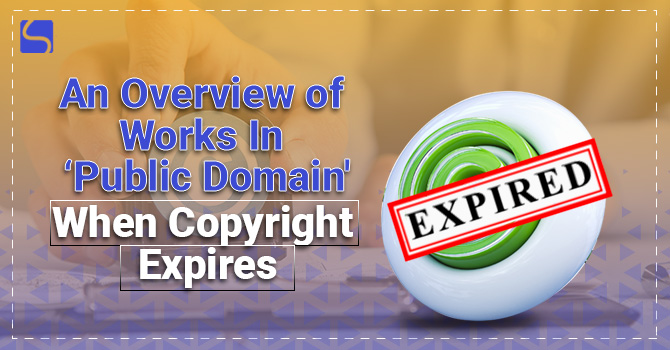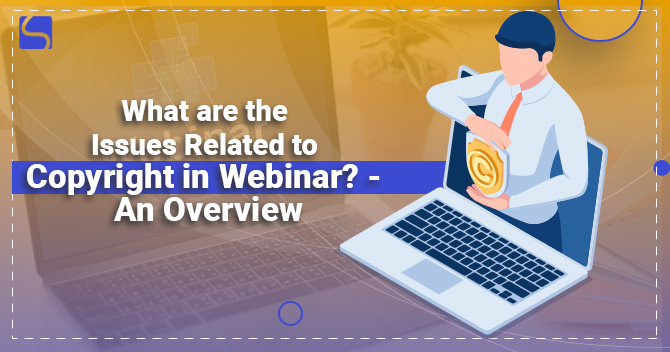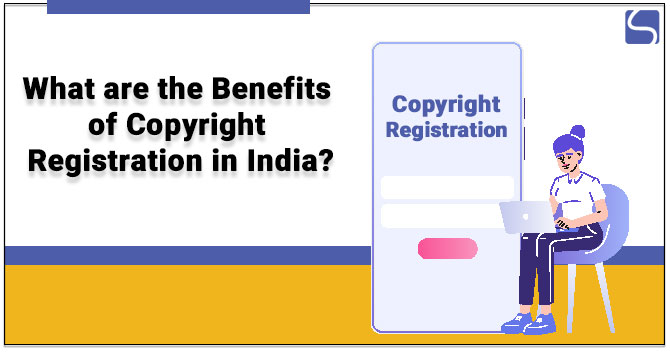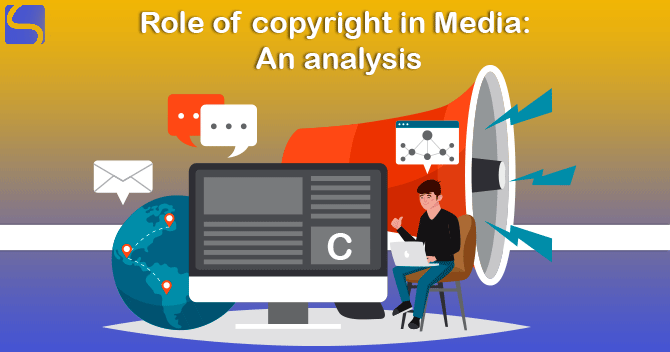An Overview of Work in Public Domain When Copyright Expires

Karan Singh | Updated: Feb 23, 2022 | Category: Copyright
Artistic, literary, musical, architectural, and theatrical works, as well as sound recordings and cinematographic films, are all safeguarded under Copyright Law. Moreover, Copyright Law in India defines literary works to comprise computer programmes, tables, books, and compilation as part of the definition. On the other side, the Law doesn’t use the availability of content to the ordinary public or a subset of the ordinary public as a criterion for determining whether or not it’s in the public domain. Whether or not work in the public domain is determined by whether or not it is Copyright protected. The content or work enters the public domain only when Copyright no longer exists in safeguarded content or work. Scroll down to check more details of work in the public domain when Copyright expires.
Table of Contents
Why are Copyrights not indeterminately granted?
The creation of creative & art forms and their pleasure is thought to be vital to human life. Copyrights arose as a complex balancing act between compensating creators or authors and benefiting public life by making art accessible. As an outcome, Copyrights were never intended to be tools for indefinite monetisation and commercialisation by the creator, who is only permitted a certain number of years to profit from their work. The internet’s emergence or advent has also shifted public opinion and had a noteworthy impact on the landscape of Copyright concerns. Bug online companies like Google & Wikipedia have become vocal opponents of Copyright expansion.
Work In Public Domain When Copyright Expires – Indian Condition
In India, Copyright generally lasts for 60 years after the author’s death or 60 years after the work publication, depending on the content or work nature. As an outcome, when the term expires, the content comes under the public domain. However, if public domain content is changed, the altered version may not be public domain in some conditions. Moreover, if work in public domain is translated and the translation may not be in the public domain. Given that Copyright is a vital asset that has evolved into more of a conventional property in terms of its owner’s rights over the last few decades.
It’s evident that the Copyright will pass to the owner’s legal representatives following the death of the owner. When a legal representative gets Copyright ownership, he or she has complete control over the rights of Copyright. Until, the period of Copyright protection expires, he or she has the right to use it for any financial gain. But, monetary exploitation like assignment & licensing should be done in the actual author’s name unless the actual author has also surrendered their moral rights. As an outcome, the actual owner gets proper recognition for their rights for the duration of Copyright Registration.
By benefit of simply being publicly available, public information or publicly available content is not considered to come under the public domain. Reproduction of publicly or public information would generally require a license unless:
- The public information is in the public domain under the Copyright Regime;
- The pertinent statute openly exempted illegal reproduction from the allegations of Copyright Infringement;
- Copyright Law allowed for illegal reproduction via principles like fair use such as a merger, which capably either reject copyrightability or act as defences against Infringement claims.
Trips and Drawbacks – Using Work in Public Domain after the Expiration of Copyright
When depending on the status of work in the public domain, double-check that the version you aim to certainly in the public domain. A public domain may be safeguarded by a 2nd Copyright for later modifications or copies. Copyright refers to the new layer of actual content added by the second owner or author in later adaptations or copies. It is vital to use the actual public domain version and not any following copyrighted version that may include editorial interventions to avoid legal entanglements.
The following is probably the most ingenious of all the traps. Even work in the public domain in the United States, it may still be safeguarded in other countries. For instance, a work by an author of the United States that is in PD in the US (United States) due to failure to renew may still be safeguarded in nations like Germany, where Copyright Registration is determined by the date of the owner or author’s death rather than a set time period. If you want to publish or advertise a public domain work in another nation, you may require permission from the author if he or she died within the last 70 years. If you don’t get permission, you will be vulnerable to one or more cases from other nations.
Find out whether a work is in the Public Domain
Knowing when a Copyright expires will enable or allow you to take benefit of the wealth of public domain content. As an outcome, having a basic understanding of Copyright Law[1] is beneficial. All works published in the US before 1923 are in the public domain in the US. There are many more works that have come under the public domain due to:
- Failure to renew;
- Failing to affix a valid notice, in addition to before 1923 works.
Conclusion
In case you are looking for modifying, reusing, or publishing the work in the public domain, be warned that there are various traps for the incautious. If you are unaware of the complexities of Copyright Law, professional help is needed to fully understand the rights connected with the work in the public domain. While there are many public domain gems out there, comprising classic firms & lesser-known works, one must be aware or alert that not everything that glitters is gold. As an outocme, just because something is publicly available doesn’t mean it is in the public domain, irrespective of who may have originally owned the Copyright or produced it.
Read our Article:What are the Issues Related to Copyright in Webinar? – An Overview














